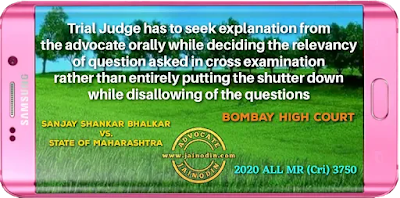In the matter under consideration, if we try to analyse the guidelines of which a reference has been made, can it be said that the allegations in the complaint/FIR/charge-sheet do not make out a case against the 2nd respondent or do they disclose the ingredients of an offence alleged against the 2nd respondent or the allegations are patently absurd and inherently improbable so that no prudent person can ever reach to such a conclusion that there is sufficient ground for proceeding against the 2nd respondent.[Para No.29]
In the instant case, the complaint/FIR/charge-sheet as noticed above, does, however, lend credence to the questions posed. It is settled that one is not supposed to dilate on this score, or intend to present that the allegations in the complaint will have to be accepted on the face of it and the truth or falsity of which would not be gone into by the Court at this stage, as noticed above, whether the allegations in the complaint were true is to be decided on the basis of the evidence led at the stage of trial and the observations on this score in the case of Nagpur Steel & Alloys Pvt. Ltd. Vs. P. Radhakrishna and Others ought to be noticed. In para 3, this Court observed:-
“3. We have perused the complaint carefully. In our opinion it cannot be said that the complaint did not disclose the commission of an offence. Merely because the offence wascommitted during the course of a commercial transaction, would not be sufficient to hold that the complaint did not warrant a trial. Whether or not the allegations in the complaint were true was to be decided on the basis of evidence to be led at the trial in the complaint case. It certainly was not a case in which the criminal trial should have been cut short. The quashing of the complaint has resulted in grave miscarriage of justice. We, therefore, without expressing any opinion on the merits of the case, allow this appeal and set aside the impugned order of the High Court and restore the complaint. The learned trial Magistrate shall proceed with the complaint and dispose of it in accordance with law expeditiously.”[Para No.30]


